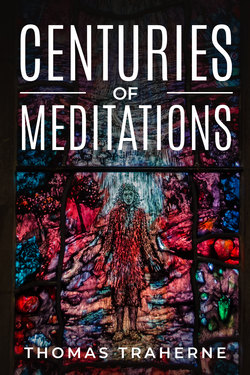Читать книгу Centuries of Meditations - Thomas Traherne - Страница 14
На сайте Литреса книга снята с продажи.
Оглавлениеcism. The "Centuries of Meditations" represents (in comparison at least) the spirit of free religious thought. In the " Imitation " we behold the doubts, fears, and perplexities of a soul oppressed by the consciousness of real or imaginary sins : in the " Centuries " the rapturous aspirings of a joyful and happy soul, conscious of its kinship with God Himself, and sure of its own divinity and of its glorious destiny. The author of the "Imitation" wanted to save his own soul; Traherne wanted to save the world. However much assured he might have been of his own salvation, the latter writer would never have been content merely with that. He desired with an exceeding great desire to make all men as happy as himself. All were immortal creatures, and it was within the power of all to make their peace with God, and enter into their great inheritance. This is the continual burden of his verse, and the message which informs his prose with its fire of conviction, and its unmatched persuasiveness. He would have rejected with scorn any faith whose benefits were to be confined to himself, or to a narrow circle of the elect. It was a matter of the deepest sorrow to him that men should be so indifferent to those things which to himself seemed to be the only objects worthy of thought. He could not even conceive that God Himself could be content or happy while men rebelled against His ordinances, or rejected His offered love.
Perhaps some readers may think that it is unfair to bring the two writers, whose aims were so different, thus into seeming antagonism. My object, however, as
xvi
